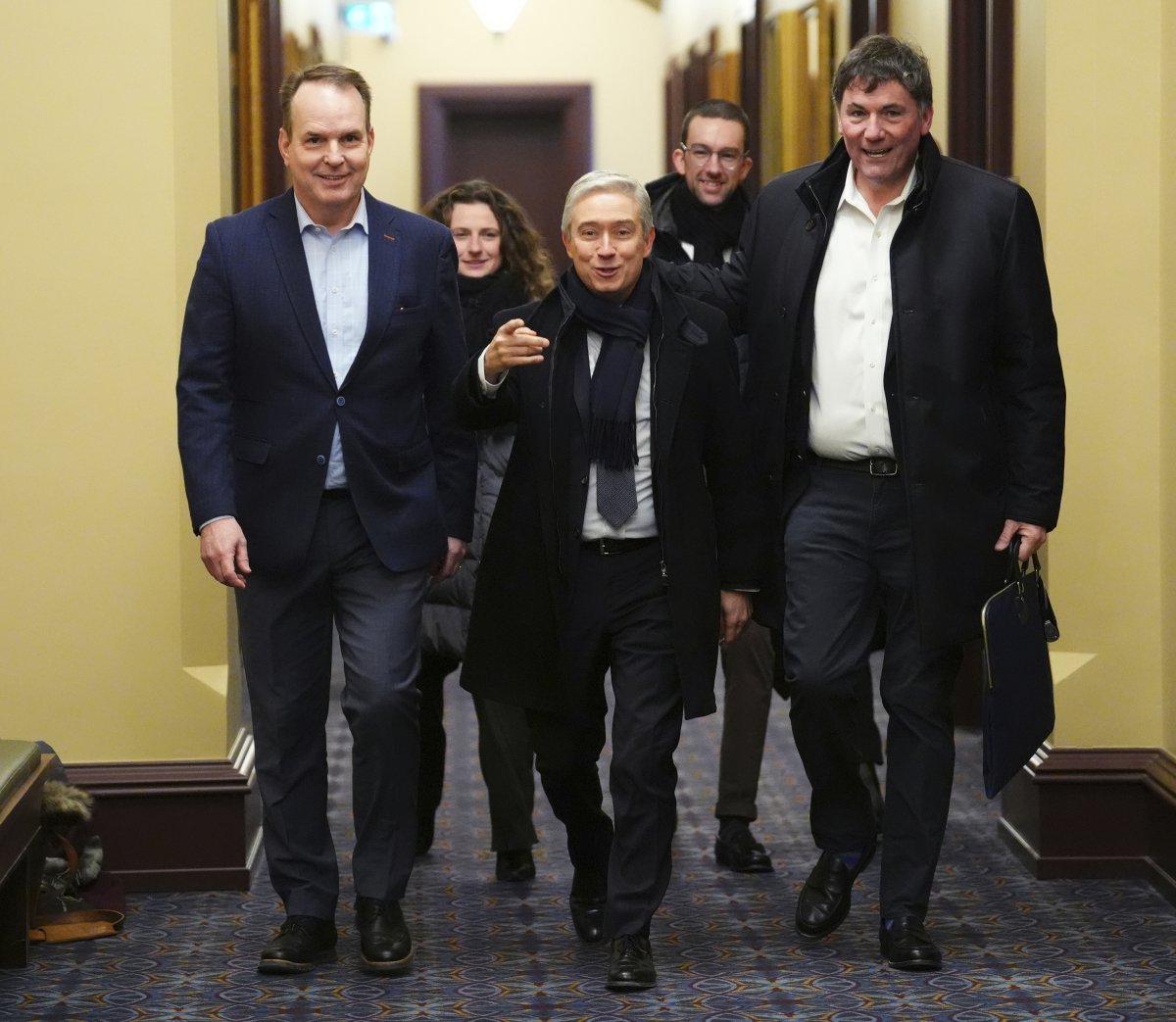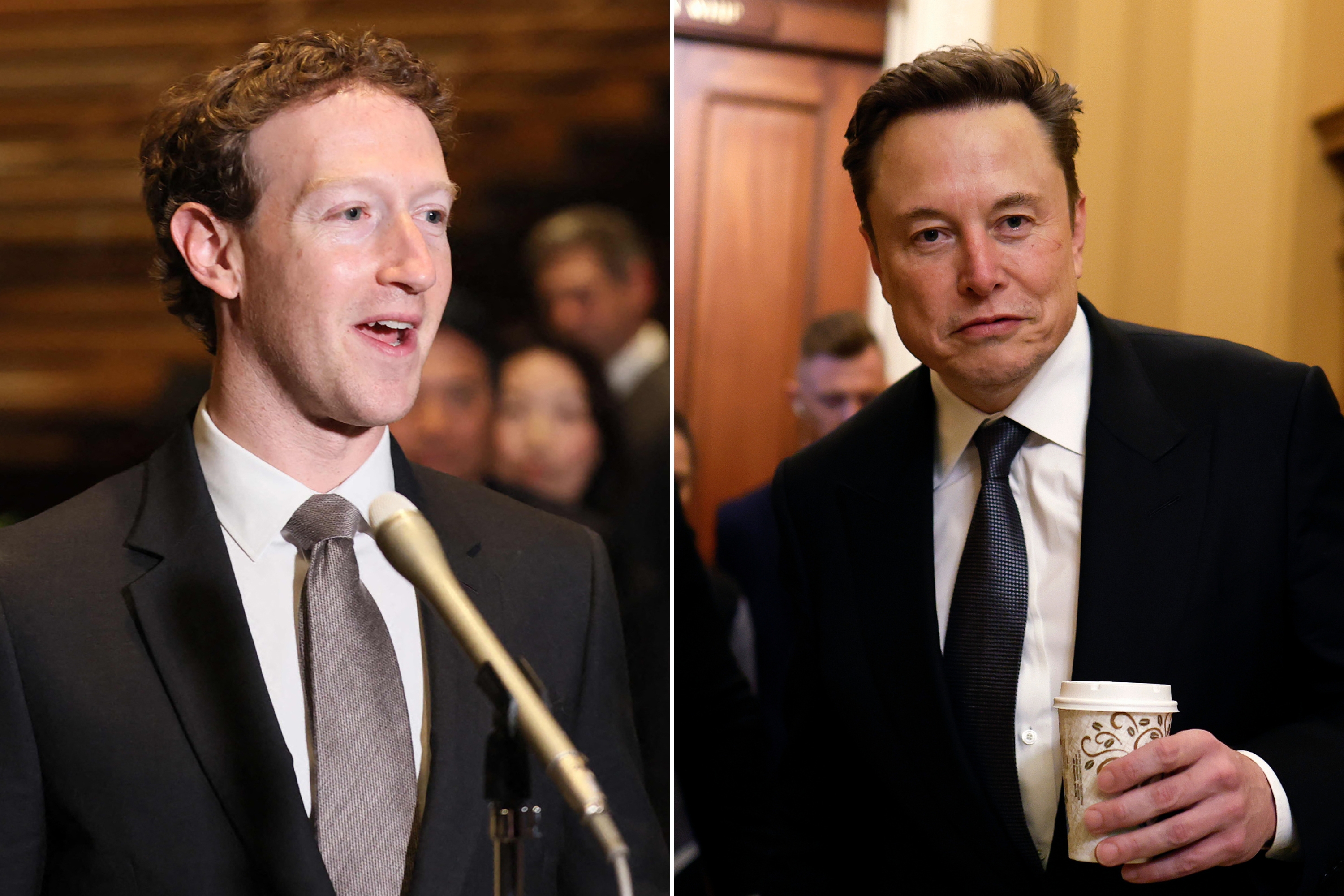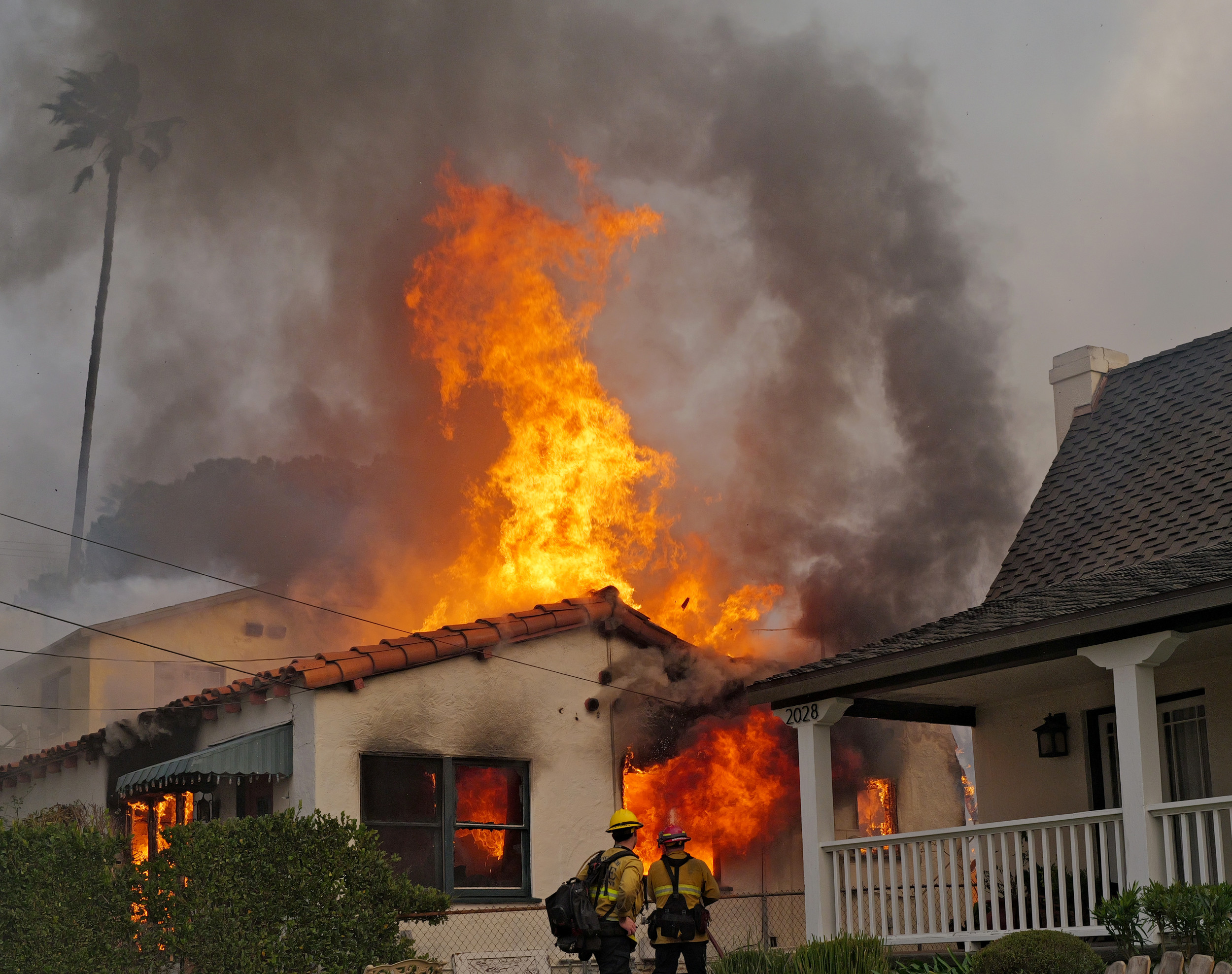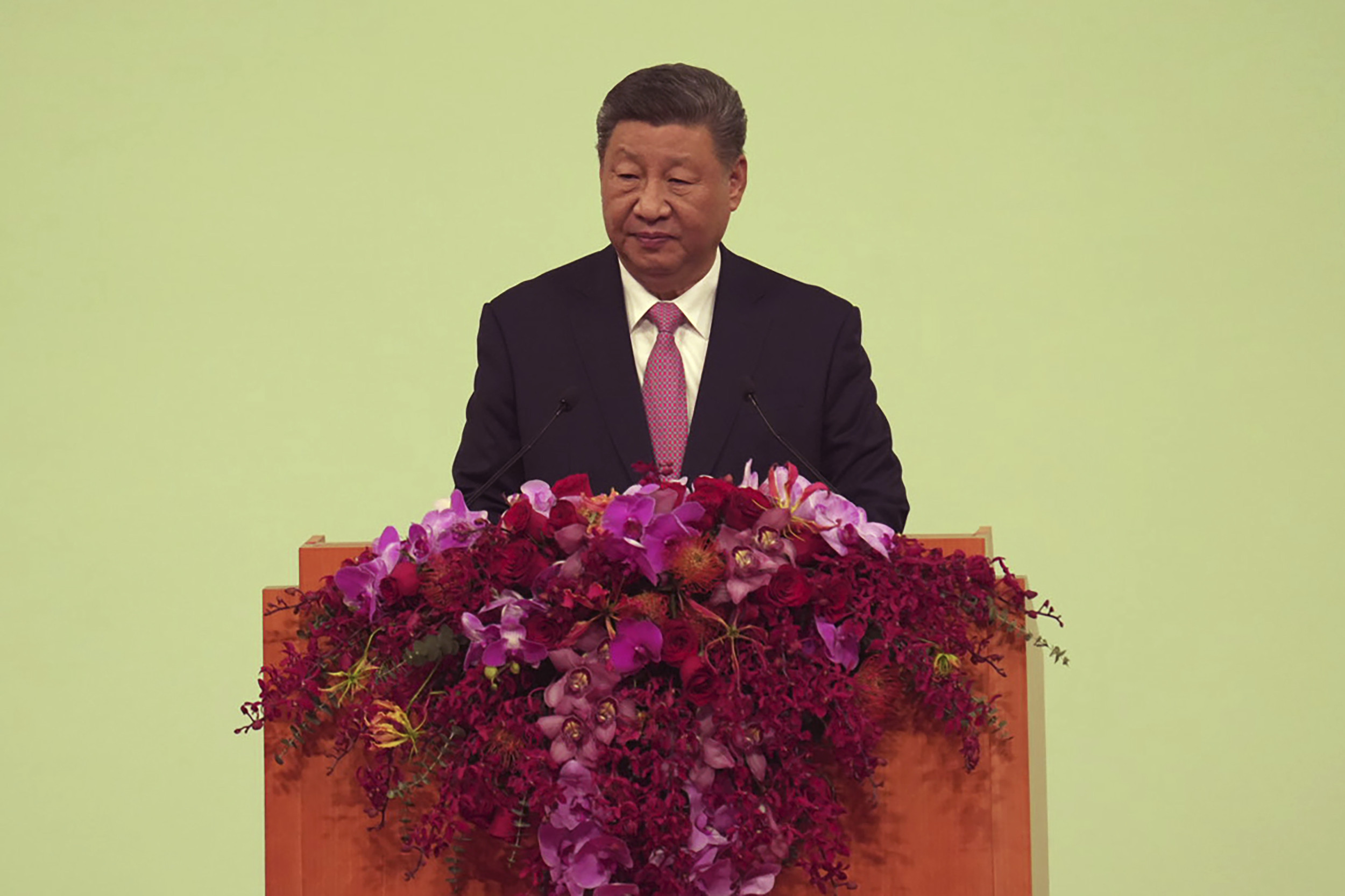Canadian leaders have indicated they would prefer President-elect Donald Trump ease up with his repeated suggestion that Canada should become the Unites States' 51st state,
On Wednesday, Canada's finance minister, Dominic LeBlanc, said that "the joke is over."
Why It Matters
Trump has repeatedly suggested Canada and Greenland, an autonomous territory of Denmark, could join the U.S. and said explicitly he wants Canada to become the 51st state.
The leaders of both Canada and Greenland have been dismissive of joining the U.S.
What To Know
LeBlanc, who is also the country's point person for U.S-Canada relations, said on Wednesday that Trump's remarks, initially brushed off as a joke, are now seen as an effort to undermine America's closest ally.
"The joke is over. It's a way for him, I think, to sow confusion, to agitate people, to create chaos knowing this will never happen. It's becoming very counterproductive," LeBlanc said of Trump's rhetoric about Canada.

The remarks follow an apparent pattern from Trump, who first floated the idea during a November dinner at Mar-a-Lago with Canadian Prime Minister Justin Trudeau. This week, Trump escalated the rhetoric, asserting he would rely on "economic force" rather than military means to integrate Canada—a founding NATO member and vital trade partner—into the United States.
The comments have since drawn sharp rebukes from Canadian leaders.
"There isn't a snowball's chance in hell that Canada would become part of the United States. Workers and communities in both our countries benefit from being each other's biggest trading and security partner," Trudeau said in a Tuesday post on X (formerly Twitter).
A High-Stakes Trade Relationship
Trump's comments come amid intricate economic ties binding the two nations. Canada is the top export market for 36 U.S. states, and it supplies the United States with over 60 percent of its imported crude oil, amounting to 4.3 million barrels per day from Alberta alone. The U.S. Energy Information Administration reports that Canadian oil accounts for roughly a quarter of the daily U.S. consumption.
Meanwhile, Trump has said the U.S doesn't need anything from Canada, including automobiles, lumber and dairy products.
"I don't know who is misinforming him," Ontario Premier Doug Ford said. "Right now we ship 4.3 million barrels of crude oil into the U.S. Sixty percent of their energy imports are coming from Canada."
LeBlanc, who recently stepped into his role following the abrupt resignation of the previous finance minister, is now tasked with managing high-stakes negotiations to avert a 25 percent tariff Trump has threatened on Canadian goods. The tariffs, if imposed, would disrupt a trade relationship valued at $3.6 billion Canadian dollars ($2.7 billion in U.S. dollars) daily and harm industries on both sides of the border.
It comes as Canada is also the largest foreign supplier of steel, aluminum and uranium to the U.S. and has 34 critical minerals and metals that the Pentagon is eager for and investing in for national security.
Adding to the turmoil, Trudeau announced earlier this week his intention to step down as prime minister, further complicating Canada's position in the face of U.S. pressure. LeBlanc confirmed he would not seek to replace Trudeau, opting instead to focus on the escalating trade disputes.
What People Are Saying
Liberal Canadian lawmaker Judy Sgro said to reporters when asked about Trump's comments: "He should focus on his own issues in his own country, because he's got lots of them."
Canadian Immigration Minister Marc Miller dismissed Trump's comments as "ridiculous."
"There is no chance of us becoming the 51st state. I think that this is beneath a president of the United States. I said a few weeks ago that this whole thing was like a South Park episode."
Canadian Foreign Minister Mélanie Joly said she never takes Trump's threats lightly: "At the same time we can't take the bait. We have to show we have a strong economy and we are strong and we are not going to be annexed."
What Happens Next
Despite Trump's remarks, the chances of Canada actually becoming part of the U.S. in the foreseeable future are remote at best. But the president-elect's escalating rhetoric could signal a coming decline in U.S.-Canada relations, while his plan to impose across-the-board tariffs on all foreign goods is likely to have a major effect on trade.
This article includes reporting from The Associated Press.




















 English (US) ·
English (US) ·